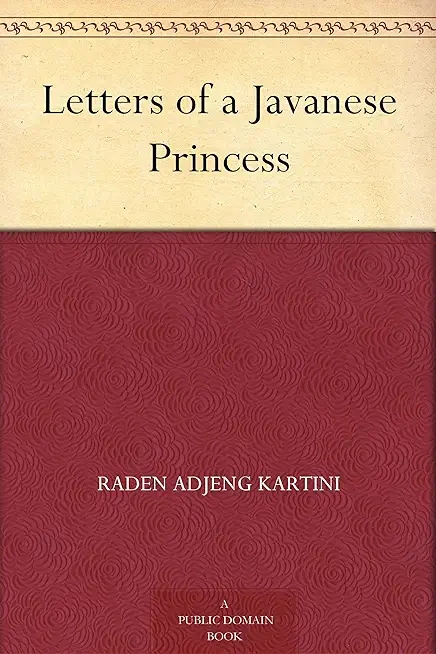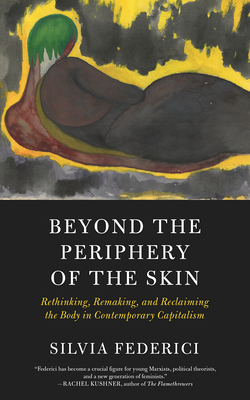
For a young woman without access to a formal education, Raden Adjeng Kartini managed to combine a remarkable empathy for those suffering under an oppressive regime with an incredibly effective willpower to establish herself as a leading political thinker in her country. Decrying the influence of opium on Indonesia's poor, she criticizes the influence of European civilization on its colonial possessions: "Civilization is a blessing, but it has its dark side as well. The tendency to imitate is inborn, I believe. The masses imitate the upper classes, who in turn imitate those of a higher rank, and these again follow the Europeans." Not only is European influence a cause of cultural loss, it creates a demand, in one specific case, for such products as opium, pressuring the Indonesian government to allow its use and sale despite the harm it imposes upon its people. Throughout her letters, Kartini presents a nuanced, balanced critique of both Indonesian society's oppressive treatment of girls and women-a lack of education, forced marriages-and the detrimental consequences of European conquest and cultural assimilation. Letters of a Javanese Princess is a powerful record of one woman's commitment to many, an invaluable resource for scholars of colonialism, and a fascinating text for readers looking to familiarize themselves with the life of a national hero.
With a beautifully designed cover and professionally typeset manuscript, this edition of Raden Adjeng Kartini's Letters of a Javanese Princess is a classic of Indonesian literature reimagined for modern readers.







